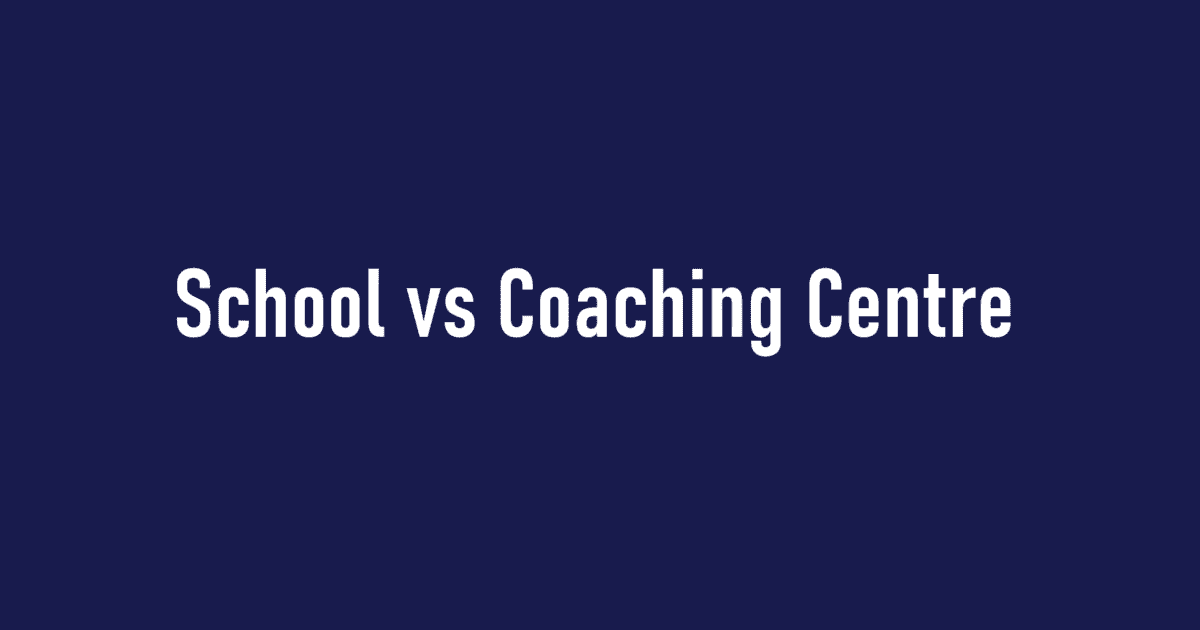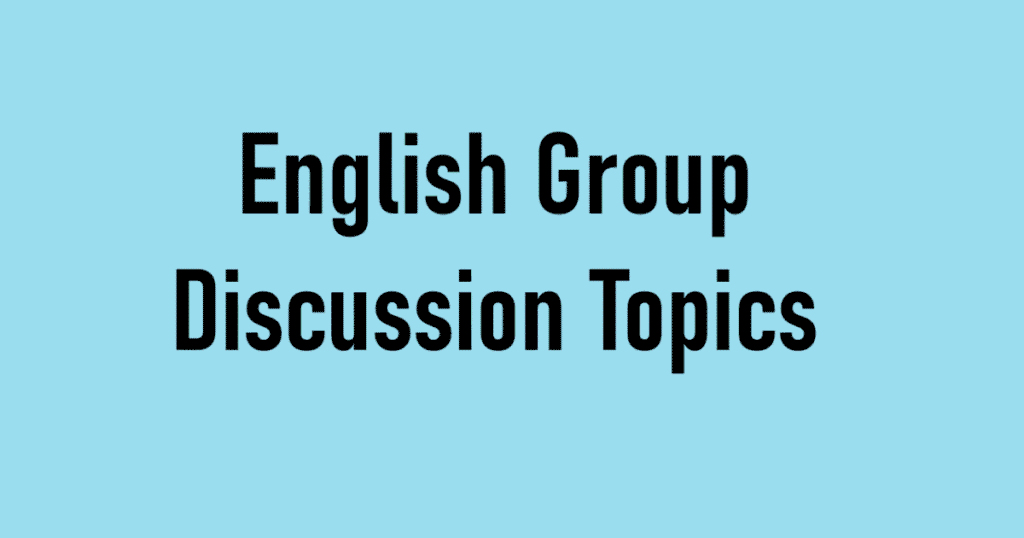School vs. Coaching Centre: Navigating the Educational Landscape
Introduction
In today’s competitive academic environment, students and parents are increasingly confronted with a critical choice: traditional schooling or supplementary coaching centers. Both educational platforms play crucial roles in a student’s academic journey, but they differ significantly in approach, methodology, and objectives. This comprehensive exploration will delve into the nuances of schools and coaching centers, helping readers understand their unique characteristics, strengths, and potential limitations.
The Traditional School System: A Holistic Foundation
Schools have long been the primary institution for formal education, offering a structured and comprehensive learning environment. Here are the key aspects of traditional schooling:
Key Characteristics:
- Comprehensive Curriculum: Schools provide a well-rounded education covering multiple subjects
- Structured Learning: Systematic progression through educational stages
- Social Development: Opportunities for peer interaction and social skill building
- Qualified Faculty: Professionally trained teachers with educational credentials
- Broad Skill Development: Focus on overall personality and character formation
Advantages:
- Standardized Education: National curriculum ensures consistent learning standards
- Balanced Approach: Equal emphasis on academics, sports, and extracurricular activities
- Regulated Environment: Systematic progression and age-appropriate learning
- Socialization: Regular interaction with peers from diverse backgrounds
Coaching Centers: Specialized Academic Support
Coaching centers have emerged as specialized learning platforms targeting specific academic goals:
Key Characteristics:
- Focused Learning: Concentrated study on specific subjects or competitive exams
- Targeted Preparation: Intensive coaching for board exams, entrance tests, and competitive challenges
- Flexible Timing: Often conducted after regular school hours
- Specialized Instructors: Subject matter experts with specific teaching expertise
Advantages:
- Personalized Attention: Smaller batch sizes enable more individualized learning
- Exam-Oriented Approach: Strategic preparation for specific academic challenges
- Advanced Learning Techniques: Modern teaching methodologies and problem-solving strategies
- Additional Academic Support: Supplementary resources and practice materials
Comparative Analysis: Schools vs. Coaching Centers
Curriculum Approach:
- Schools: Comprehensive, broad-based learning
- Coaching Centers: Specialized, focused academic preparation
Learning Methodology:
- Schools: Theoretical and practical knowledge integration
- Coaching Centers: Exam-centric, strategic learning techniques
Time Investment:
- Schools: Full-day, structured academic program
- Coaching Centers: Supplementary, typically evening or weekend sessions
Cost Considerations:
- Schools: Regular tuition fees with comprehensive facilities
- Coaching Centers: Additional financial investment for specialized training
Potential Challenges and Limitations
School Limitations:
- Sometimes limited personalized attention
- Potential gaps in competitive exam preparation
- Standard teaching methodologies might not suit all learning styles
Coaching Center Challenges:
- Potential over-emphasis on exam performance
- Limited holistic development opportunities
- Additional financial burden on families
Integrated Approach: Balancing School and Coaching
Recommended Strategy:
- Use school as the primary educational foundation
- Leverage coaching centers for specialized academic support
- Maintain a balanced approach to learning
- Choose coaching centers that complement school curriculum
- Monitor student’s overall well-being and stress levels
Choosing the Right Path
Factors to Consider:
- Individual student’s learning style
- Academic goals and aspirations
- Financial resources
- Quality of local educational institutions
- Student’s interest and motivation
Conclusion
There is no universally perfect educational approach. The ideal strategy involves understanding a student’s unique needs, leveraging the strengths of both schools and coaching centers, and maintaining a balanced, supportive learning environment.
The key lies in recognizing that education is not a one-size-fits-all journey. By combining the holistic foundation of schools with the specialized support of coaching centers, students can create a comprehensive and effective learning experience.
Final Advice
- Prioritize the student’s overall development
- Regularly assess and adapt educational strategies
- Maintain open communication between students, parents, and educators
- Focus on learning, not just scoring
Epilogue: Education is a transformative journey. Whether through traditional schooling or specialized coaching, the ultimate goal remains consistent: empowering students with knowledge, skills, and confidence to face future challenges.

